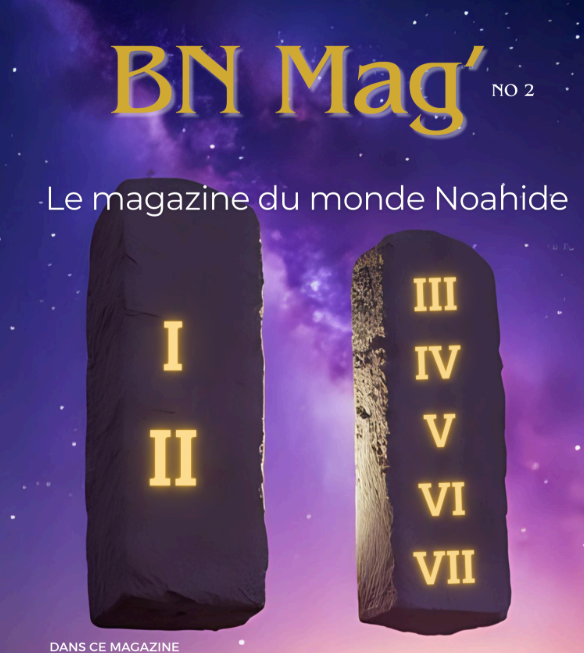Philosophers and scientists have expended great efforts in defining the concepts of time and space. This matter has concerned many people because time and space define the limits of man’s world. Some of the philosophers toyed with the idea of whether time and space are subjective (Kant) or objective (Descartes), or perhaps an illusion (Berkeley). Modern science has adopted an approach that time and space are directly related to mass (Einstein). One proposal is to view time as an interface between humanity and the world (Bergson). Another question that has been brought up is whether time and place have minimum values, a concept similar to “atoms” (Arab philosophers called "Mutkalmin" by the Rambam), or are a continuum (Aristotle). Thus, humankind has studied these two concepts to find definitions that satisfy their intellectual curiosity.
However, one subject has yet to be discussed. Why do time and space exist? The sages of Yisrael did indeed discuss this matter, but from a moral standpoint and not necessarily as a scientific pursuit.
Space is what gives us the ability to separate between one person and another. If we were not separated by distance, we would feel like we were the same personality. Such a state would not allow the development of mutual reactions between different people, and there would thus be no basis for the concept of morality. That is what the sages meant by saying, “Nothing exists that does not have its place” [Avot 7:3]. Without rules for the relationship between one person and another, it would be impossible to observe the command, “Love your neighbor as yourself” [Leviticus 19:18], which Rabbi Akiva declared was the main principle in the Torah – and in such a case the entire world would become Hell (Levinas).
Time is what makes it possible to acquire the privilege to exist. If not for time, we could not insist on the requirements of justice because humankind is so puny that it cannot stand up against the eternity of G-d. This is undoubtedly true in the case of a creature who sinned. The Ramchal explains that time was given to the sinners so that they will be able to rectify what they have distorted. Even if no sin has occurred, time is necessary to establish a basis for a personality and acquire the privilege of existence. This is the essence of the Divine trait of mercy ("rachamim"). The name comes from the word for a womb ("rechem"), a place that has been given to living creatures so that during pregnancy, they will develop the tools to allow them to cope with the external world after they have been born.
Since the justification for the existence of time and space is an ethical approach, their need depends on a moral requirement. Therefore, after humanity acquires the right to exist, the concept of place will no longer be needed, and all the souls will be united through mutual love. This is explained in the Tanya (Chapter 12) – that all of the people of Yisrael are a single soul which appears in separate bodies. In addition, the world will rise above the continuum of historical time and reach the level of the upper world. That is eternal life.



